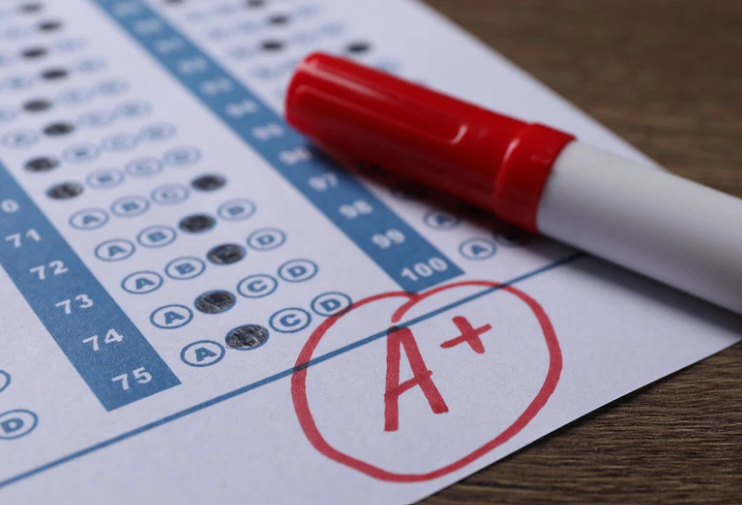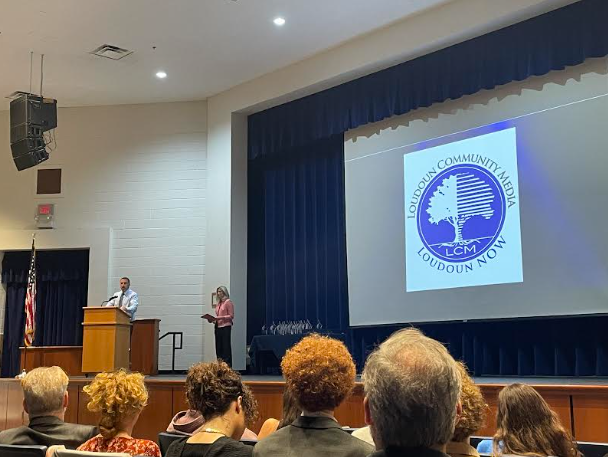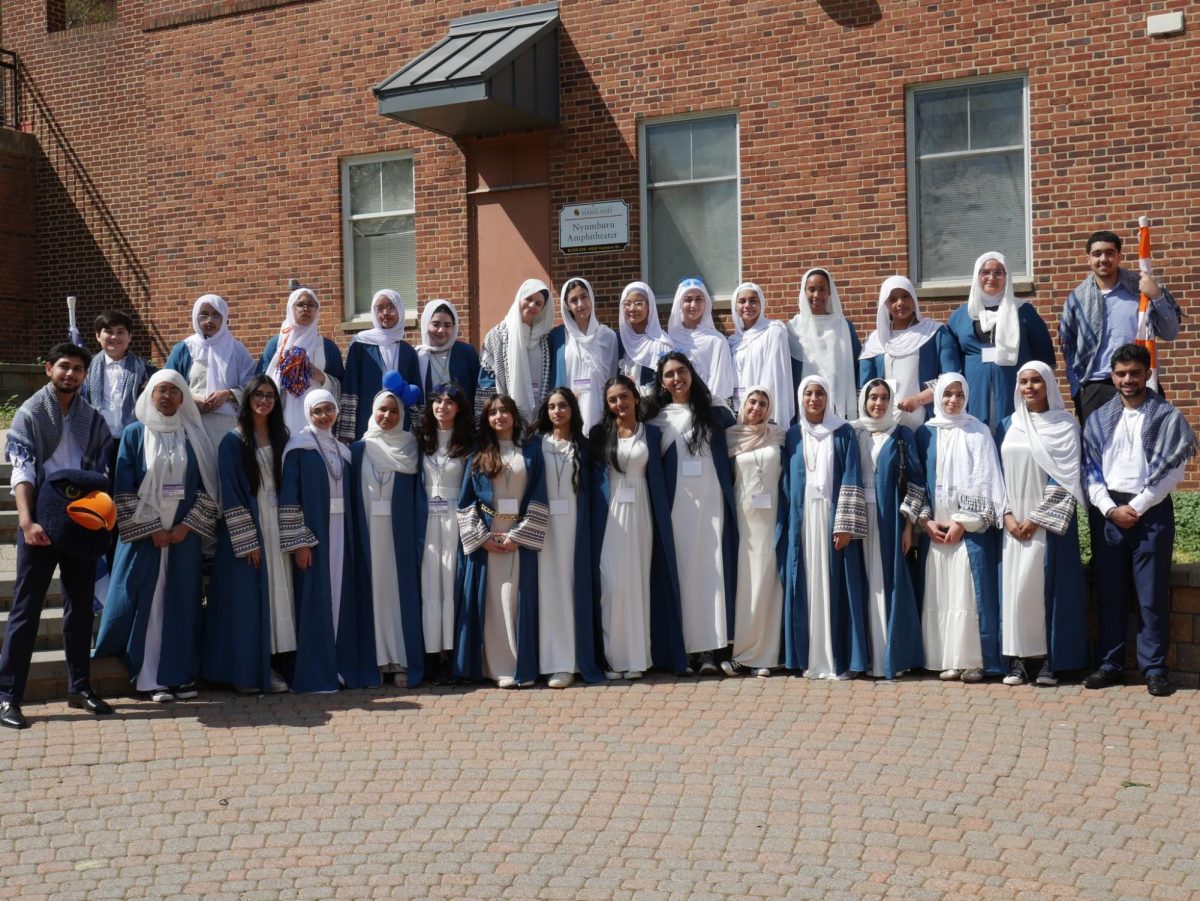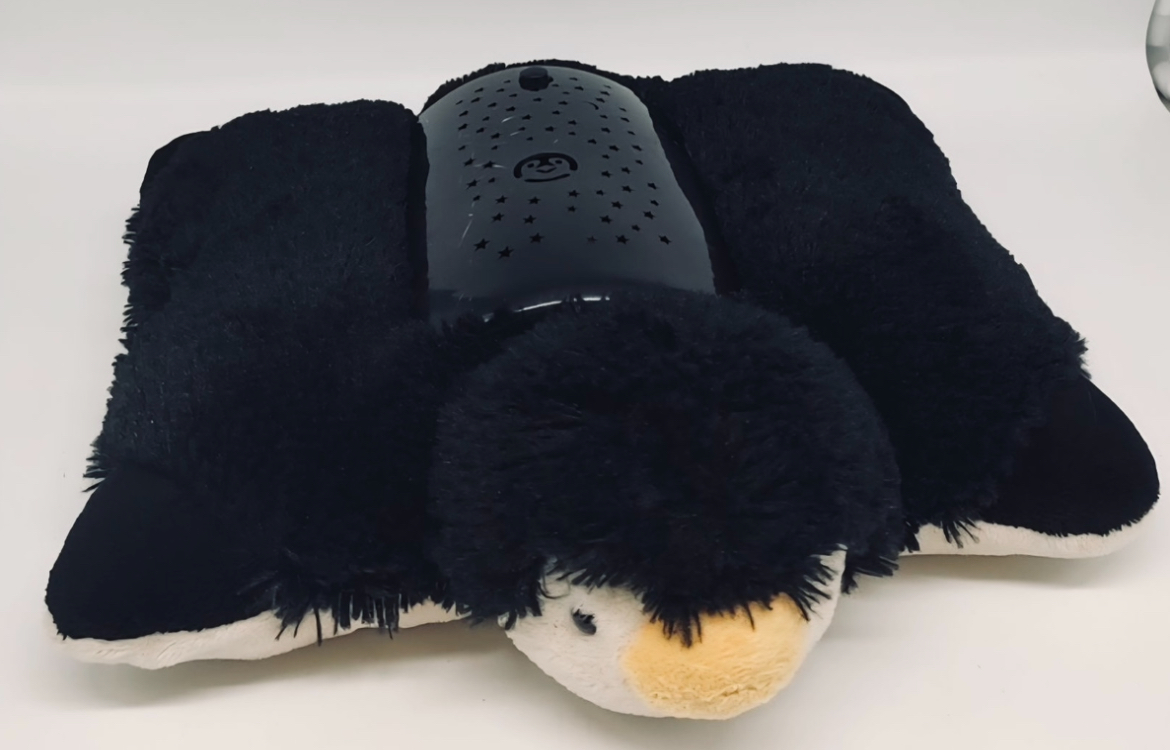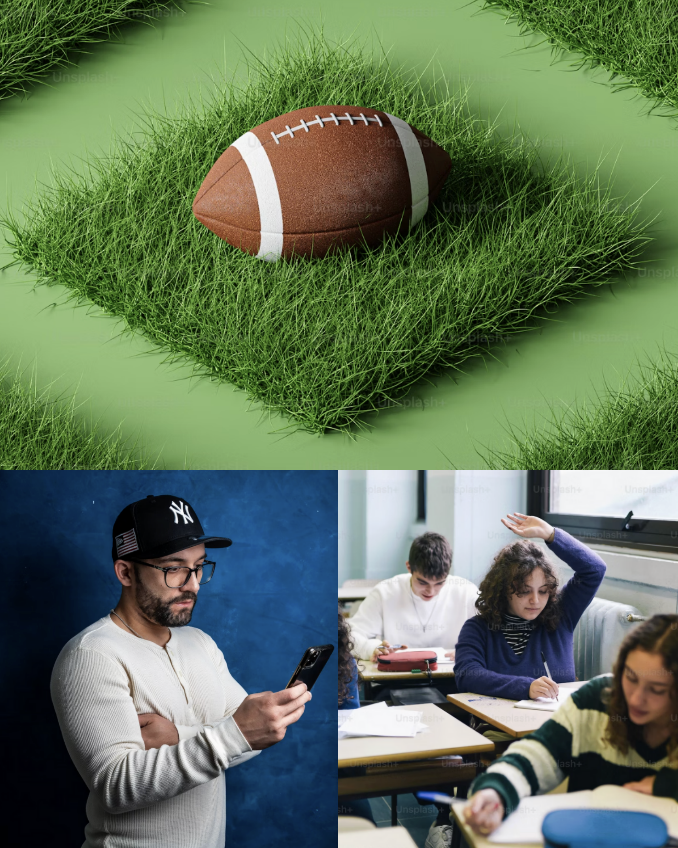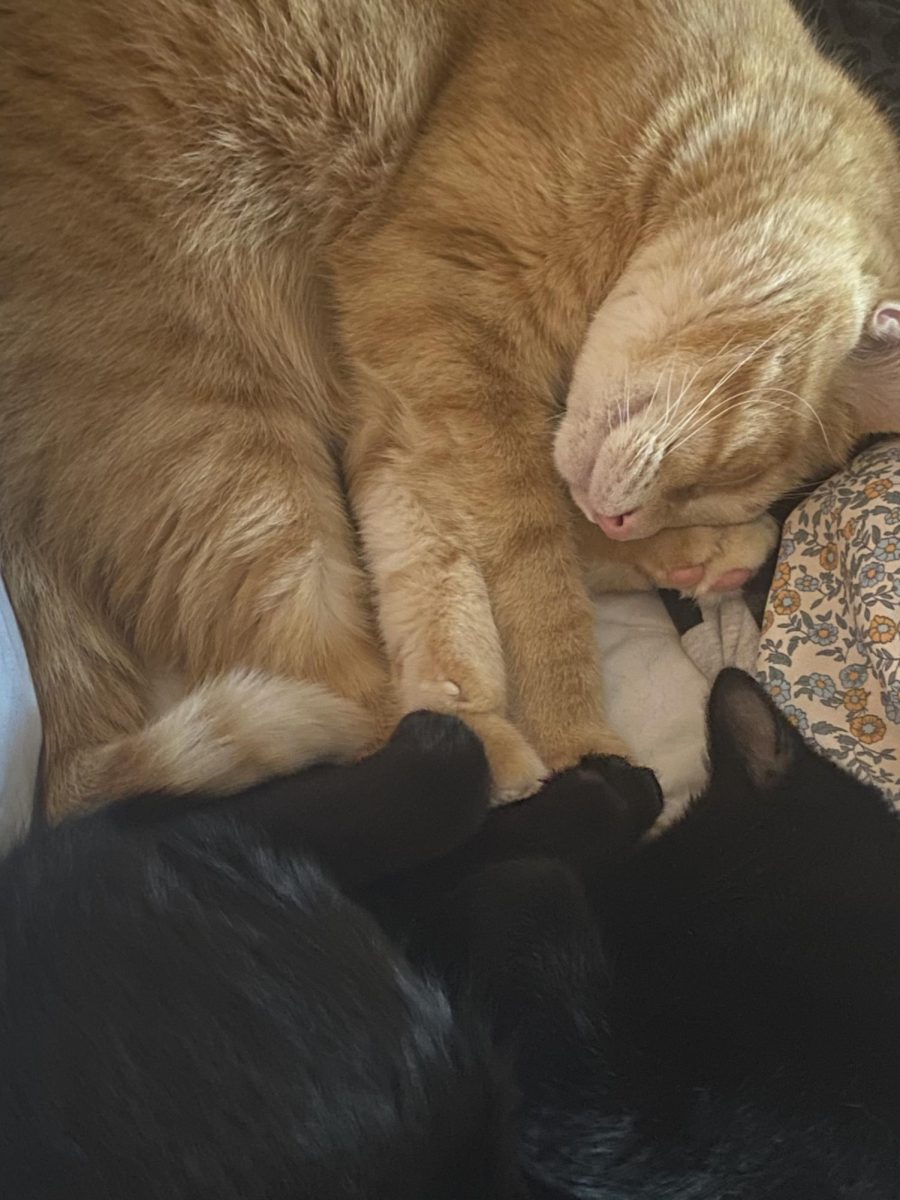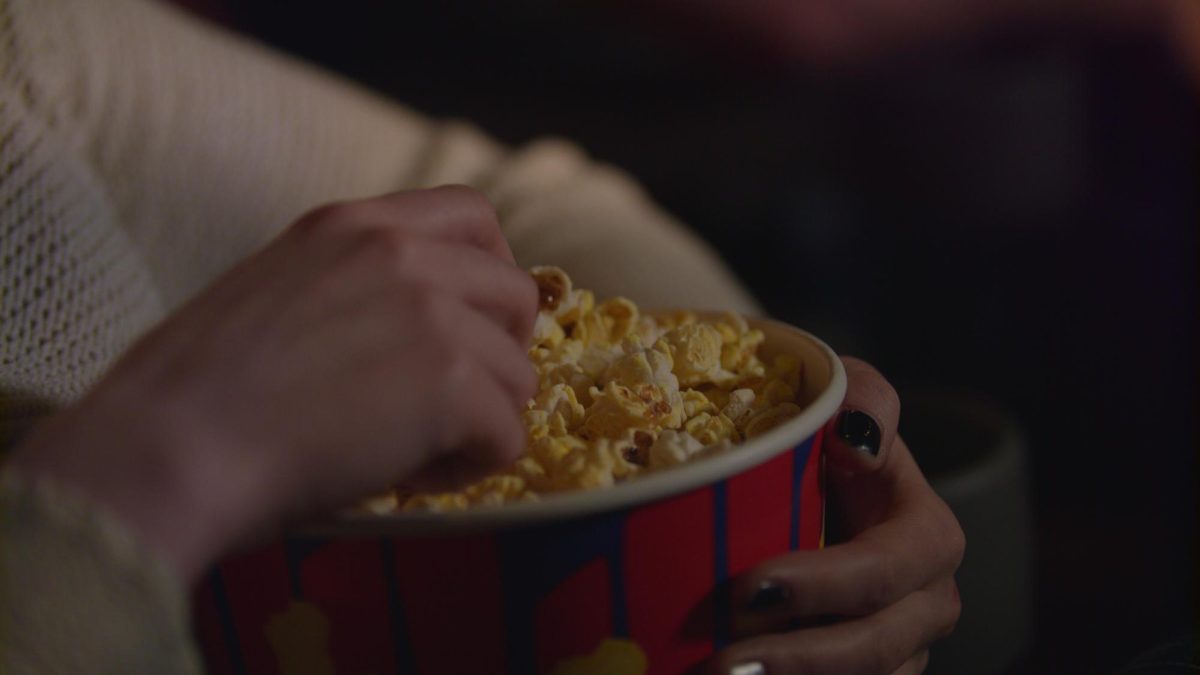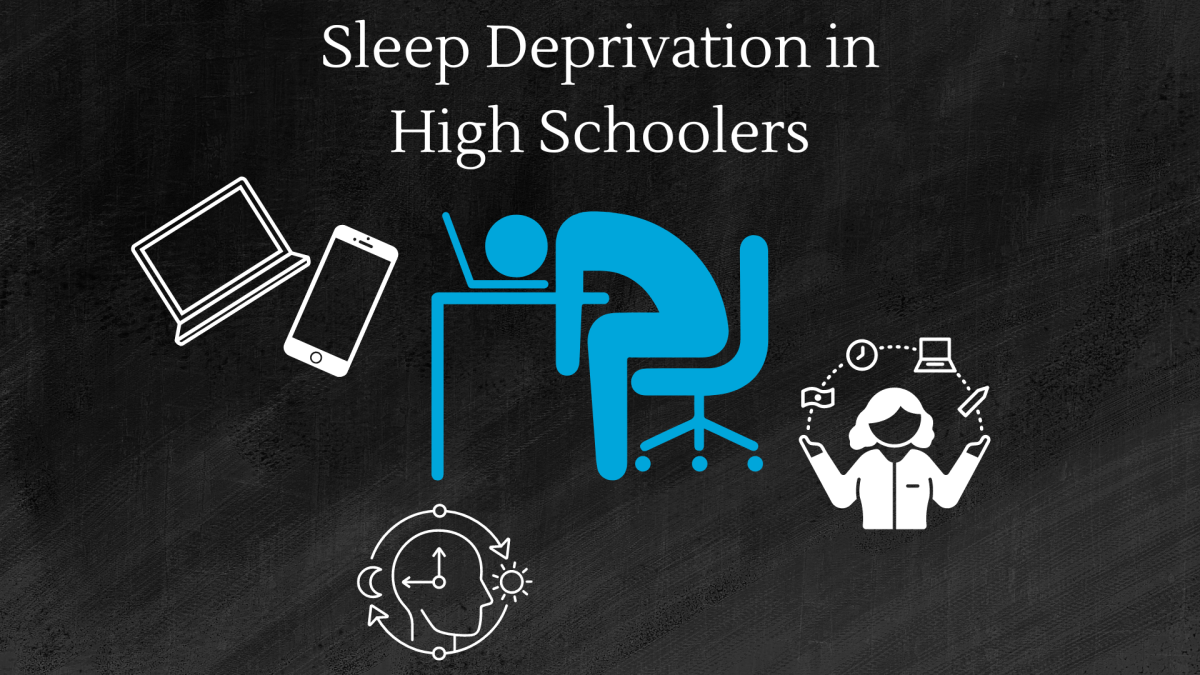It seems as if teenagers, especially high schoolers, never get enough time in the day anymore. So, why not use the night and subsequently ruin your sleep schedule? Many high schoolers do end up taking this route, but what they do not realize is that while losing sleep might seem like a good idea in the short-term, in the long run, sleep deprivation can lead to, or worsen several chronic illnesses.
What leads to teenagers, high schoolers specifically, to develop these habits of sleeping less and less? One of the biggest reasons is the increase of academic pressure and work. With more and more work due to harder and harder classes taken in preparation for college, high schoolers typically find themselves lacking the time to finish everything they need to and study for upcoming tests and exams.
“As I have gotten more work, the amount of time I sleep declines. It has declined especially in the past couple of years since I have started high school,” says Aryan Dotiwalla, junior at BWHS and the Academies of Loudoun.
However, schoolwork is not the only reason high school students are finding themselves with less and less time. As colleges become more and more competitive, many students are pressured to take on several extracurricular activities. These activities, plus any jobs that high school students have, only take away from time needed to finish schoolwork.
According to a study conducted by the University of Florida including 13000 tenth-grade students from various backgrounds, these teens spent an average of 5 hours per week on an average of 2-3 extracurriculars. This same study also found that 14 hours and above of extracurricular activities per week also had a decline in academic performance.
Even though a big cause of sleep deprivation in high schoolers is simply not being able to balance their time well, another reason for a decline in sleep is the use of technologies.
According to the Child Mind Institution, not only do teens stay up later on technology, but the emission of blue light from these technologies causes a drop in melatonin levels, which then suppresses the feeling of tiredness.
“Sometimes I stay up late talking to someone on my phone and lose track of time,” says Elisa Monteserin, a sophomore at BASIS Independent McLean.
Another factor contributing to the lack of sleep in high schoolers is a change in their circadian rhythm. This rhythm is a 24-hour bodily cycle, also sometimes referred to as the “body’s clock.”
According to the Child Mind Institution, as teens go through puberty, melatonin is also produced later in the night, causing 15-22 year olds to not feel tired until around 11 p.m. This, mixed with early school and/or extracurricular timings, leads to a loss of sleep.
“I find it hard to go to sleep before 11. I try to go to bed at 10 but even if I’m in bed with lights off and no phone, my mind is still somewhat active and doesn’t want to go to sleep,” says Monteserin.
All of these causes can lead to several short-term and long-term effects. A big long-term effect is impaired cognitive function. While this research is still new and being developed, it is commonly known that sleep can affect the brain’s activity and function.
According to the Cleveland Clinic, sleep plays a critical role in how people learn and remember. Cleveland Clinic also says that sleep deprivation could lead to the development of Alzheimer’s disease.
A short-term and long-term effect is changes in mood. The lack of sleep can lead to difficulties in managing and processing emotions. According to the Cleveland Clinic, people with sleep deprivation are also more likely to experience depression and anxiety compared to people with more sleep time. These mood changes can affect other aspects of your life as well.
“Sleep has a major effect on my mood as I may be more grumpy with less sleep. My relationships with others also change as my mood changes,” says Arnav Surapaneni, a sophomore at BWHS.
Sleep deprivation can also lead to a weakened immune system. The body’s immune system keeps you healthy and safe, but a lack of sleep can lead to the body being more susceptible to viruses, making it easier for people exposed to get sick. Sleep deprivation can also cause it to take longer than usual to recover from these illnesses.
According to the Mayo Clinic, cytokines are produced when the body sleeps. These same cytokines need to increase in order to fight infections, however, with less sleep, cytokine production is decreased, leading to a weaker immune system. Antibodies are also produced less during periods of sleep deprivation.
Even though there are some things that can not be changed, like human biology, there are some factors contributing to sleep deprivation that can be minimized. An example of this would be schoolwork and extracurricular activities. Implementing strategies and planning ahead of time can help balance everything that high school students have on their plates.
“Some tips I would give to upcoming high schoolers is to learn how to manage their time and learn how to not procrastinate. Small things like splitting up homework equally can go a long way,” says Dotiwalla.
Technology in the bedroom, especially right before sleeping, can cause a person’s body clock to shift. However, for some students, using technology less is hard to do, as many students’ work is on a computer emitting blue light. Even though problems such as these arise, there are always ways for students to control their technological impulses.
According to the Sleep Foundation, an excellent way to control use of technological advices is to “set consistent ‘screens off’ and ‘lights out’ times.” This allows for the body clock to be more consistent. Also try and give the brain about 30 to 60 minutes to rest before sleeping after using screens emitting blue light.
Addressing sleep deprivation among high school students requires different techniques and approaches. By understanding the causes and the effects and implementing practical solutions, sleep deprivation can be significantly lowered in high schoolers.
“Maximize the amount of time you dedicate to sleep,” summarizes Surapaneni.



